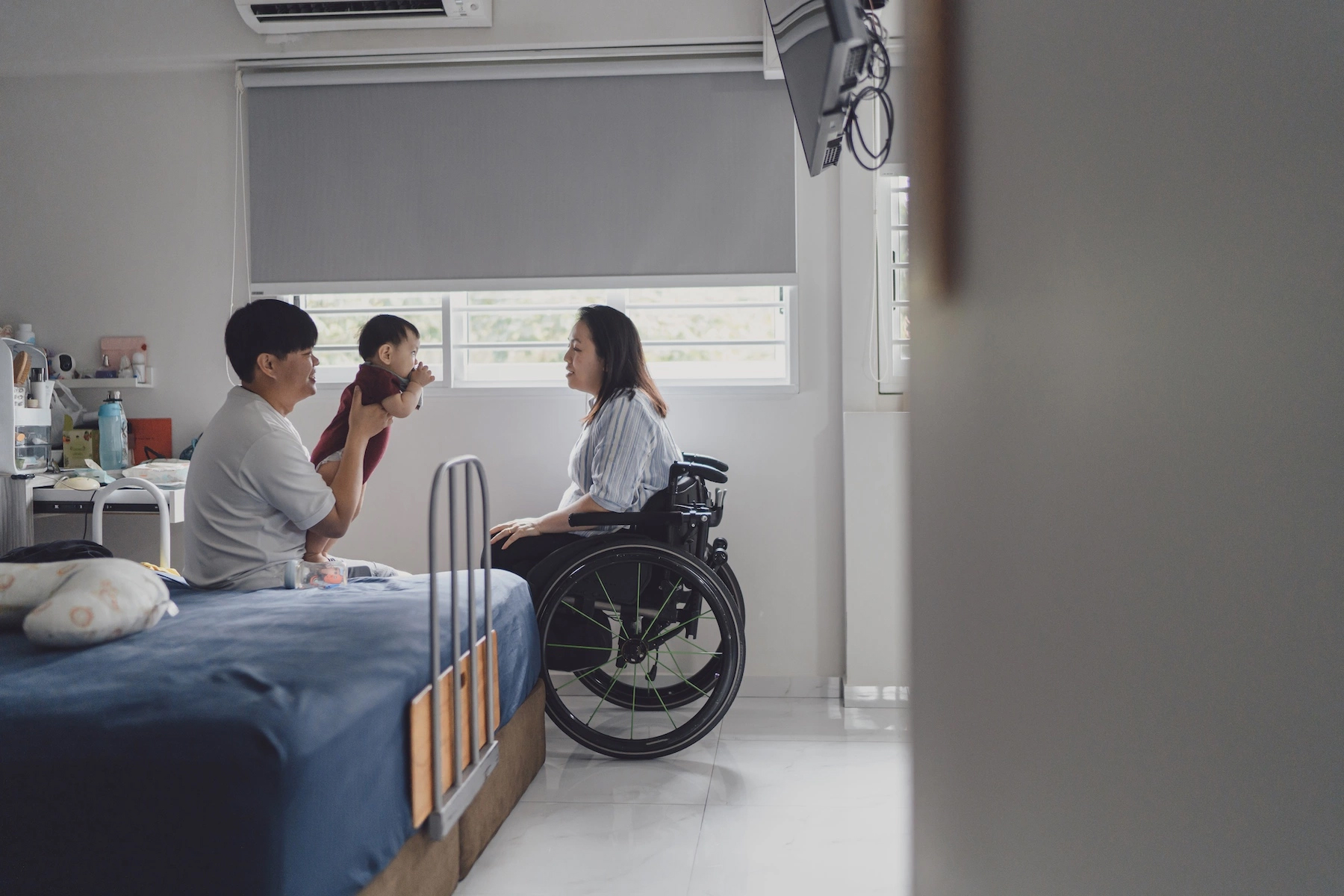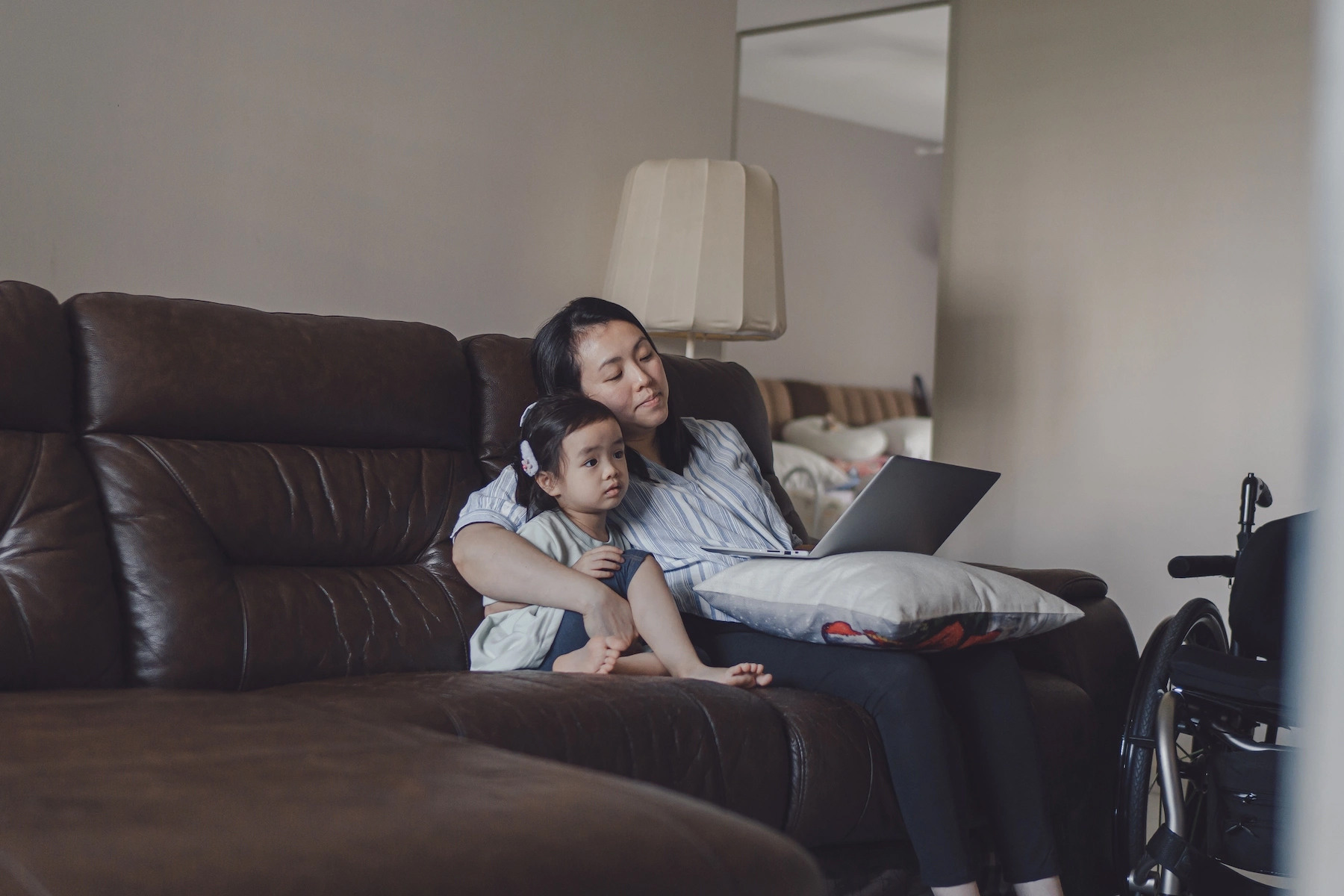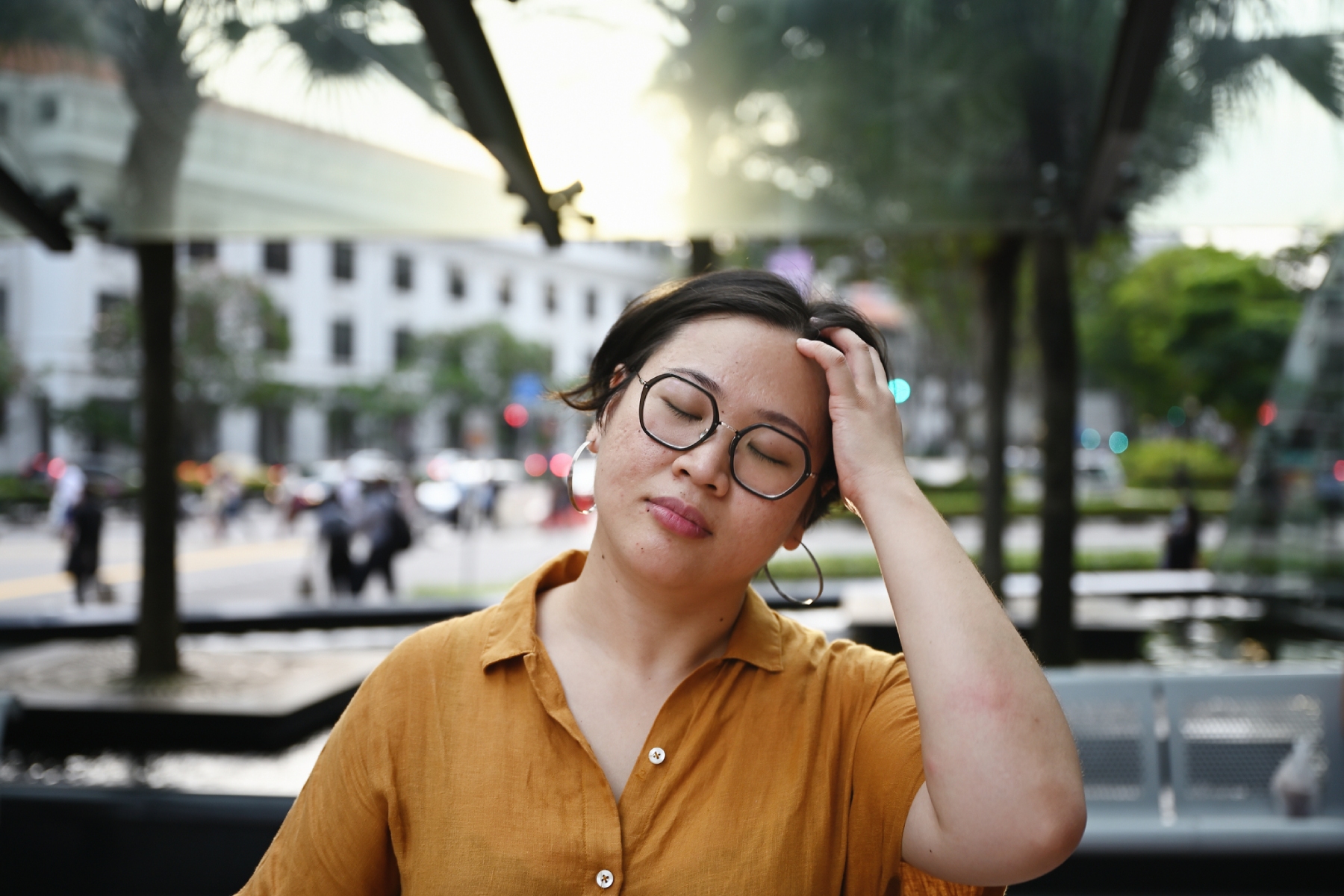Singapore boasts a world-class healthcare system – so much so that it has been ranked one of Southeast Asia’s best. This also extends to children: the country has an extremely low child mortality rate, with only a handful of other countries in the world surpassing it.
The Singaporean government takes a hands-on approach to children’s healthcare, providing parents with plenty of guidance. While it tends to focus on the well-being of Singaporean citizens, expats can also benefit from its excellent healthcare system. Read on to explore the following topics:
- Children’s healthcare in Singapore
- How do you access healthcare for your children in Singapore?
- Taking your child to the pediatrician in Singapore
- Taking your child to see a doctor or specialist in Singapore
- Children’s hospitals in Singapore
- Children’s dental care in Singapore
- Mental healthcare for children in Singapore
- Preventative healthcare programs for children in Singapore
- Useful resources
Allianz Care
Allianz Care is a world leader in providing international health insurance. Their various premiums provide professionally designed solutions for a variety of expat lifestyles. So, wherever your life takes you, make sure you have the right health protection for you and your family with Allianz Care.
Children’s healthcare in Singapore
When a child is born in Singapore, the birthing center will usually assign them a pediatrician. This doctor will be available to look after them until their teenage years. However, patients are under no obligation to stick with them if they wish to switch medical professionals. Some parents prefer to go to a family doctor instead.
While this option is more affordable, a regular doctor might not be too familiar with children’s specific needs and may not be able to diagnose certain conditions. Alternatively, parents can also switch to a different pediatrician altogether.

Children in Singapore generally have positive health outcomes. However, like other economically advanced countries, it has seen a sharp increase in obesity rates in recent years. Only 56% of children in Singapore have a healthy diet (as of 2021), while around 40% hit global targets for physical activity.
To combat this growing problem, the government is considering strategies such as overhauling school lunches and replacing them with healthier options.
How do you access healthcare for your children in Singapore?
Singapore provides a great deal of subsidies and public insurance plans for citizens and permanent residents. However, expats are generally left to fend for themselves.
This means it’s a very good idea to have private health insurance that covers both you and your children. Many companies provide health insurance for internationals working in the country, which oftentimes includes coverage for kids.
Public healthcare for children
The quality of Singapore’s public healthcare system is extremely high, however, it does pose a challenge for internationals without permanent residence who must must pay their own way.
Singapore General Hospital shows how the outpatient fee tiers work on its website and that expats must pay significantly more. Local polyclinics offer lower prices for children, however, these only apply to citizens.
Aside from fees, there is nothing to stop expats in Singapore from accessing public healthcare for their children, since there is no registration or enrollment process.
Many locals prefer to attend polyclinics, which are large, one-stop facilities for all kinds of primary care needs. The wait times are longer than in the private system, but you’ll find doctors, dentists, pediatricians, and pharmacies all under one roof.
Moreover, parents can benefit from using HealthHub, Singapore’s online public healthcare platform. Resources include the Child Health Booklet – a useful record of your child’s development from birth to five years old.
It also offers advice on mental well-being and healthy eating for both kids and parents. If you have a Singpass – the Singaporean national digital ID – you’ll be able to access your child’s medical records online through HealthHub.
Private healthcare for children
There’s not much difference in quality between the public and private children healthcare systems in Singapore. However, they do vary considerably when it comes to costs. Expats who want to go private will probably choose to take out health insurance or face hefty medical bills.
It’s common for employers in Singapore to offer family packages, which include medical coverage for the employee’s children, as well as school fees. If you don’t have one of these plans, you might want to take out private health insurance. Some companies offering this in Singapore are:
Taking your child to the pediatrician in Singapore
When a child is born in Singapore, the hospital will assign you a pediatrician. It’s usually a lot cheaper to go to a GP, but some parents prefer to take their children to a specialist.
The Singapore Paediatric Society is the main professional body for pediatricians in Singapore. These doctors may work in hospitals, polyclinics, or specialist medical centers for children.

If you’re looking for a pediatrician near you, try using the government’s healthcare search tool. You might want to ask around, too, as local parents will have their personal recommendations.
Specialists perform childhood development screenings, a series of tests to check that little ones are meeting their health milestones. They do these through well-baby and well-child visits. While the government encourages these check-ups, they are not mandatory.
If you’d like to speak to a pediatrician online, you can have a virtual consultation through services such as Whitecoat.
Routine childhood health checkups
The Ministry of Health recommends health checkups for children at the following intervals ( in months):
- Two
- Three
- Four
- Five
- Six
- 12
- 15
- 18
- 30
- 48
This is part of the childhood development screening program. Doctors will check their young patients’ growth rates and physical health through well-child visits. During these tests, they will look for development in four specific areas:
- Fine motor skills
- Gross motor skills
- Language ability
- Personal-social skills
After 48 months, most pediatricians in Singapore will continue to offer well-child visits every year to check up on their patients’ development. From the age of six, that may drop to once every two years. Some doctors keep offering well-child visits until patients turn 18 and no longer require any form of pediatric care.
Singapore’s vaccination schedule for children
The only mandatory vaccinations in Singapore are measles and diphtheria. However, the Ministry of Health strongly recommends several other childhood inoculations. Generally, pediatricians will administer these shots when children are very young. Once they reach school age, jab roll-outs will usually take place at school.

The Ministry of Health recommends various vaccinations for children. The most popular are the following:
| Vaccination | Prevents |
| BCG (at birth) | Tubercolosis |
| Hepatitis B (at birth) | Hepatitis B |
| DPT | Diphtheria, pertussis, and tetanus |
| MMR | Measles, mumps, and rubella |
Although Singapore does not force parents to vaccinate their children against most diseases by law, uptake is still high, with over 95% of youngsters receiving their BCG, DPT, and MMR inoculations.
Taking your child to see a doctor or specialist in Singapore
You don’t need to register your child with a family doctor in Singapore. As a result, many parents prefer to take their children to polyclinics when necessary. This is typically a cheaper option than attending a clinician, particularly for Singaporean citizens and permanent residents.
Polyclinics operate on a first-come, first-served basis, so wait times can be high. Keep that in mind, as children can get restless in waiting rooms.
If you prefer to register your child with a doctor, you’ll first need to go to the clinic in person. Each center has different paperwork requirements, but in general, you will need to show the following documents:
- Any necessary health insurance forms
- Your child’s birth certificate
- Your ID
Most clinics will allow you to make appointments over the phone or online, whereas some use centralized systems such as the Health Buddy app.
Children’s hospitals in Singapore
If you need to take your child to the hospital, it’s important to check out the facility in advance. Some large institutions in Singapore, such as Singapore General Hospital, do not have facilities for children under 12 years. Others will see young patients but don’t necessarily have a child-friendly atmosphere to help little ones feel at ease.
The following hospitals have children-specific facilities:
- National University Hospital (NUH): Has a children’s emergency department which is open 24 hours a day. Like most critical care facilities, it has staff who assess patients on arrival and then treat them in order of need.
- Mount Elizabeth: A private hospital with a dedicated pediatric zone. The cheerful, child-friendly decor can be reassuring for nervous youngsters.
- KK Women and Children’s Hospital (KKH): Originally Singapore’s main maternity unit, this hospital hosts plenty of pediatric services today
In an emergency, dial 995 to call for an ambulance.
Children’s dental care in Singapore
The Ministry of Health recommends taking your child to the dentist for the first time when they are between 6 and 12 months old. As usual, prices for public healthcare vary for citizens, permanent residents, and expats.

Children can receive treatment at the following institutions:
- Public schools: Local schools offer dental treatment to their pupils
- Specialist centers: Facilities such as the National Dental Centre Singapore have pediatric units where children can benefit from a range of services
- Polyclinics: Some offer dental services. While medical patients can come to polyclinics as walk-ins, visiting the dentist is by appointment only.
Mental healthcare for children in Singapore
While Singapore is a world leader in many aspects of healthcare, its mental health treatment is still lagging. In 2023, the first-ever study of mental health in Singaporean teenagers took place, finding that one in three reported depression or anxiety.
If you think that your child needs to see a psychiatrist, then ask your general doctor or pediatrician for a referral.
Additionally, several charities support vulnerable youngsters. The Children’s Charities Association of Singapore is an umbrella organization committed to helping children in different fields. It works with charities dedicated to mental health issues, deafness, intellectual disabilities, cerebral palsy, and other special needs.
There are also local charitable initiatives to help children and teenagers with their mental health. The Thye Hua Kwan Moral Society (THK) offers services including developmental aid, learning support, and therapy.
Furthermore, The Singapore Children’s Society has set up the Oasis for Minds program, which supports children and adolescents struggling with mental health issues. It offers counseling and care, as well as information for parents who may not understand what their children are going through.
Preventative healthcare programs for children in Singapore
The Singaporean government is very keen on preventative healthcare initiatives. In recent years, it has focused much of its efforts on the threat of childhood obesity. For example, the Integrated 24-Hour Activity Guidelines offer advice on the amount of exercise that children should do from infancy to the age of seven.
Additionally, the Healthy Meals in Schools program works with teachers, students, and cafeterias in institutions across the country to offer healthier choices at lunchtime.

Parents can find plenty of government guidance online at Parent Hub, part of HealthHub. The latter also offers plenty of tips to help children adopt a healthy, balanced diet. In addition, the state has also issued Guidance on Screen Use in Children (2023), which gives parents firm advice as to how many hours of screen time their young ones should have.
The authorities in the Lion City usually issue advice, rather than regulations; however, Singaporean culture tends to involve a lot of respect for the government. This can be seen in the way that, for example, nearly all locals give their children non-mandatory vaccinations.
Following the high levels of poor mental health reported in 2023, the Singaporean government is working to develop new schemes to address anxiety and depression in young people.
Useful resources
- HealthHub – Singapore’s online public healthcare platform with advice on children’s physical and mental health
- Ministry of Health – official government website with healthcare fees, with information on vaccines and health initiatives for children in Singapore
- Parent Hub – portal with government-endorsed advice for parents raising children and teenagers in Singapore
- Global Health Security Index (GHSI) – Singapore’s healthcare system ranking in Southeast Asia
- MOH Statistics – data about Singapore’s low infant mortality rates
- World Bank – data on global infant mortality rates








